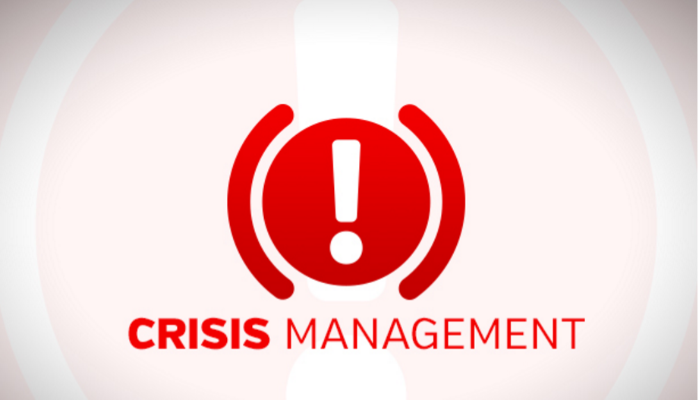
THE CHILD PARENT
I am an 18-year-old girl, Karishma. My parents have been having conflicts since the day they married. My father is a womanizer. For the last two months, my mother suspects him of being involved in an affair. Her nature is also overly suspicious. The reason behind her suspicion is just that my father started coming home late from work after his job changed. But sometimes, even I agree with my mother.
My mother did not divorce him or commit suicide just for my sake. But now I am grown up. If this continues, I fear she will commit suicide after I get married. Is there anything I can do to solve this problem? I am mature enough, and I would really like to help my mother so she does not have to suffer. Now even I have lost interest in life; I don’t even believe in love or marriage anymore.
Karishma is a child parent. The problems of her parents have forced her to take on the role of a parent in addressing the issue. She has no respect for her father because she feels he is not faithful to her mother. As a result, she may struggle to respect any male figure. This could make it difficult for her to trust anyone in her own marriage. Even if she finds a supportive husband, she may still live in fear of him becoming unfaithful, at least for the first few years.
She may not express this fear directly, but it could manifest in her behavior—being overly cautious about his activities and overly vigilant about his relationships. This could compromise her marriage, bringing the problems of her parents’ marriage into her own relationship, even when there was no issue to begin with. Often, this stems from guilt—feeling unable to help her parents. However, she must realize that creating problems in her own marriage will not solve her mother’s difficulties. Her parents need to resolve their own problems. Karishma may also take on the role of an aggrieved spouse, just as her mother has.
One might think that, given the turmoil in her family, Karishma would be eager to find someone to take care of her and free her from these troubles. She might also feel that, just as her mother devoted her life to her, she must reciprocate by dedicating herself to her mother. However, this would be a mistake. She must look beyond her parents’ problems to find a solution that brings peace to all three of them.
What Can Karishma Do?
First, she needs to clarify the image of her parents and their situation in her mind. She must sit down with them and openly discuss the problem. If her parents do not acknowledge the issue or do not wish to change the situation, she cannot solve it for them. Her role should be to help them face the facts they uncover.
Several issues need to be addressed:
- Her father’s interest in the marriage.
- Her mother’s attitude towards her husband.
- Karishma’s guilt over her parents’ problems.
- Karishma’s tendency to punish herself by depriving herself of happiness.
Her father must decide whether he is committed to the marriage. His faith in the relationship is crucial. Any doubts should be clarified. It would be unreasonable to doubt every action. However, if doubts remain unresolved, Karishma must consider two possibilities: either her mother is paranoid about the situation, or her father is avoiding full disclosure out of fear of the truth. She must be prepared for either outcome. While she seems inclined toward the latter, the issue must be discussed openly so she can determine the next steps.
Her mother has known about her father’s nature from the beginning and has likely accepted it. Karishma may need to help her mother prepare for life after she moves out. Her mother must start finding personal interests and begin living independently. Although it may be late, it is still necessary for her survival. She must reflect on her life beyond her roles as a mother and wife and embrace her identity as an individual.
Karishma may be exaggerating her role in holding the family together. She does not need to be so harsh on herself. She likely feels let down by her parents and may believe she has no one to look up to. While parental figures shape values and beliefs, it is essential to acknowledge disappointments and move forward. She must focus on the positive experiences in her life to regain her sense of joy.
She should not let her parents’ problems discourage her from marriage. If marriage were truly a negative experience, it would not be such a widely accepted institution. By observing other couples and families, she will see that marriage can be fulfilling. The best way she can help her parents is by taking control of her own life and finding happiness.
By being realistic rather than idealistic, she may find life worth living.



